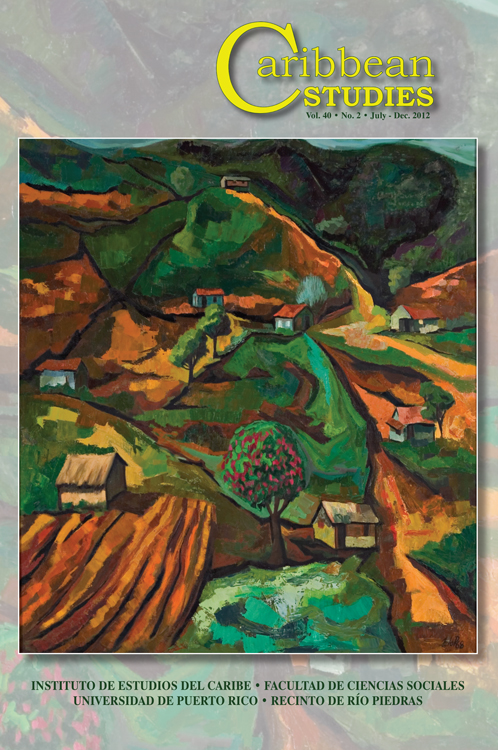Abstract
The current state of the biodiversity and ecosystems of the Caribbean is a complex predicament developed from the historical interactions of human populations. Resource and ecosystem conservation requires an understanding of the human and natural dimensions of the problems and a research and conservation strategy that unifies both experiences. We believe that the current emphasis on ecosystem-based fisheries management (EBFM) approaches—among the fisheries management community—present the greatest opportunity to achieve this. EBFM aims to protect the structure and quality of habitats, maintaining ecosystem integrity and function, with a precautionary approach, and recognizes "limits to production" and seeks to "control rates of extraction." On a theoretical level, the EBFM must operate under the social-ecological system framework ("a coupled human-environment system"). Much is said about the need to incorporate the social sciences into EBFM strategies, and lip service is paid to the importance of the human dimension, but in reality, that is seldom achieved, if ever. Furthermore, there are no specific plans or models to approach this human dimension in principled, formal ways. This paper discusses the current use of EBFM in the Caribbean and presents a handful of recommendations to make it work.Downloads
Download data is not yet available.

